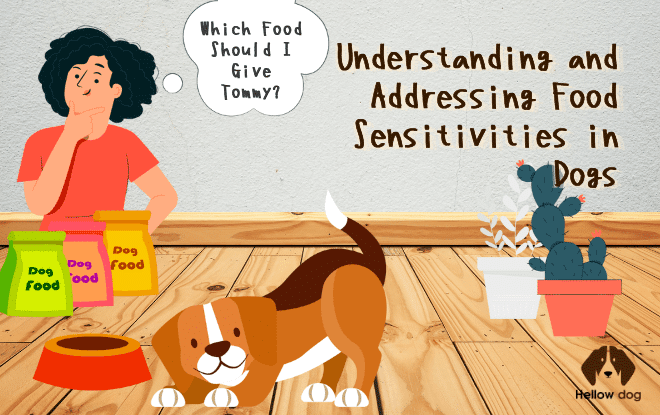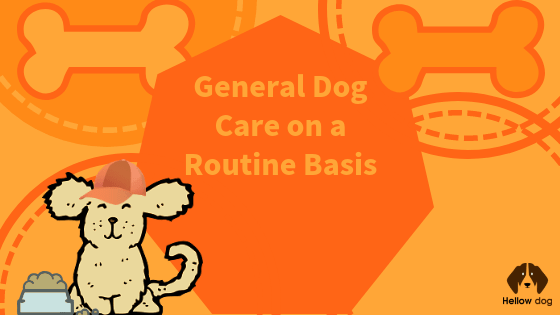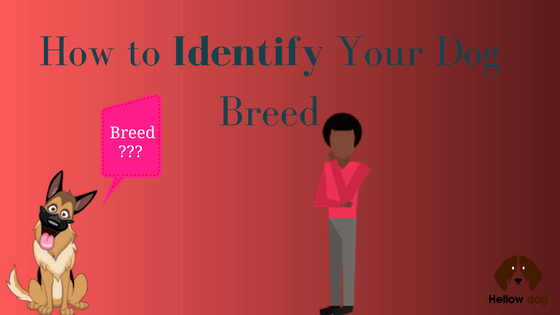Although only 0.2% of dogs have food allergies, understanding how certain ingredients in dog food might cause problems can help you provide a nutritious diet that supports your pup’s immune and GI health.
This knowledge not only helps in managing existing allergies but also plays a role in preventing potential sensitivities, ensuring your dog maintains optimal health and well-being. Learn how to spot signs of food sensitivities, determine which ingredients are causing issues, and how to manage these sensitivities effectively.
Common Signs of Food Sensitivities and Allergies in Dogs
Food allergies arise as an immune response to specific ingredients in their diet, often involving a particular protein. These allergies emerge gradually, with the immune system recognizing a specific protein as a threat after repeated exposure. This leads to various symptoms, including:
- Itchy skin
- Frequent ear infections
- Hives
- Licking or chewing their feet
- Diarrhea and vomiting
- Weight loss
- Seizure disorders
Causes of Food Sensitivities
The cause of allergies in some dogs remains uncertain, but research suggests that genetic factors, along with alterations in the gut microbiome and intestinal permeability, may contribute. This could explain why allergies sometimes appear early in a dog’s life or develop after several years.
Although food allergies can occur in any dog breed, some breeds are more predisposed to them. These include Labrador Retrievers, Golden Retrievers, Cocker Spaniels, English Springer Spaniels, Miniature Schnauzers, Collies and Shar-Peis.
The main allergens in dog food typically include specific proteins, although dogs can be allergic to various ingredients. Frequently encountered ingredients associated with food allergies in dogs are:
- Single protein dog foods like chicken and beef
- Dairy
- Wheat
- Soy
- Eggs
How are Food Sensitivities Diagnosed?
Identifying dog food sensitivities involves carefully evaluating the dog’s symptoms and dietary history. The primary method used is a food trial, which typically lasts between eight and twelve weeks.
During this trial, the dog is fed a diet containing either a novel protein source (one they have never eaten before) or a hydrolyzed protein diet, where the protein is broken down so the immune system doesn’t recognize it as an allergen.
As a pet owner, following the guidelines of the food trial is critical for an accurate diagnosis. This means avoiding giving your pet any treats, flavored medications, or supplements not part of the prescribed diet, as these could contain allergens that affect the trial’s results. Your vet might also recommend heartworm and flea/tick prevention products that don’t contain common allergens.
Throughout the trial, your vet will check how your dog responds to the new diet. If your dog shows improvement, it might mean there’s a food sensitivity. If the symptoms go away, the vet may bring back the old food or some ingredients to make sure of the diagnosis.
How to Manage Food Sensitivities
Selecting the best dog food for your pet with food sensitivities is vital to managing their condition and keeping them healthy. Once you’ve identified the food sensitivity, you’ll need to modify their diet to avoid allergens. To help manage your dog’s food sensitivities, consider these food options:
● Grain-free or ancient grain diet.
These diets eliminate common grains like wheat, corn, and soy, which are potential allergens. Instead, they focus on alternative carbohydrate sources like sweet potatoes or legumes. Ancient grain diets often incorporate less common grains like quinoa or millet, which are less likely to cause a reaction.
● Novel protein diet.
Novel protein sources often used include venison, duck, or insects, chosen specifically to avoid proteins that have previously caused allergic reactions.
● Raw diet
Many owners choose RawMix dog foods for their pets, consisting of uncooked meat, bones, fruits, and vegetables. This approach may help avoid allergens found in processed foods. However, talking with your veterinarian ensures this diet is nutritionally complete and safe for your dog.
● Limited ingredient diet (LID).
Limited-ingredient diets are formulated with minimal ingredients to limit the risk of an allergic reaction. These diets typically feature a single protein source like venison or fish and a single carbohydrate source such as chickpeas and they exclude common allergens like dairy, eggs, chicken, beef, and grains.
● Omega-3 and omega-6 fatty acid supplements.
Incorporating omega-3 and omega-6 fatty acids into your dog’s diet can help manage skin issues often associated with food allergies. These fatty acids have anti-inflammatory properties that can help soothe irritated skin and improve overall skin health. Look for dog foods containing fish oil, a common source of omega-3 fatty acids.
Support Your Dog’s Immune Health
Food sensitivities and allergies can be very uncomfortable for your dog. If you notice any food allergy symptoms in your pet, contact your vet for personalized advice. By properly diagnosing and identifying allergens, you and your vet can work together to develop a diet that promotes your dog’s digestive and immune health, leading to a happier and more active lifestyle for them.
While allergies can occur in any breed of dog at any age, some are more likely to have food allergies. Labrador Retrievers, Golden Retrievers, English Springer Spaniels, Cocker Spaniels, Collies, Miniature Schnauzers, and Shar-Pei are more prone to develop food allergies.







